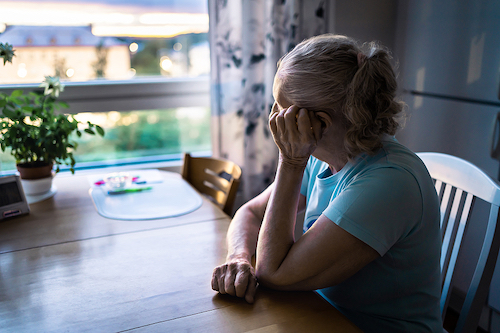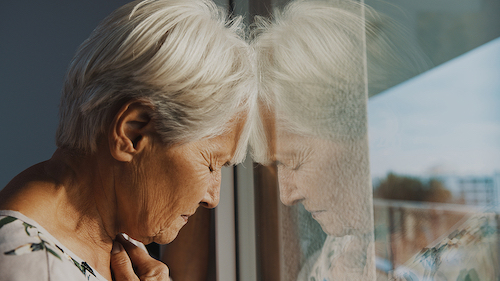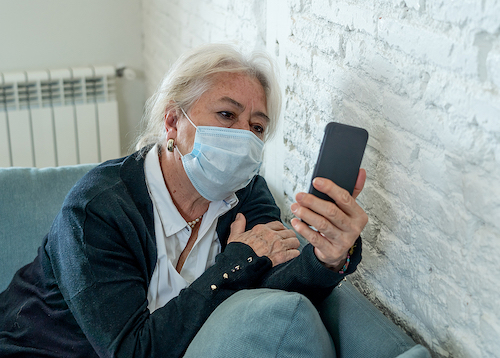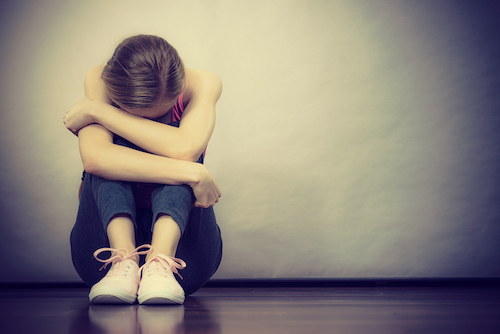March 31, 2024
by Elizabeth Pratt

Middle aged Americans are experiencing significantly higher levels of loneliness than their European peers.
Research published in American Psychologist found that baby boomers in particular are experiencing high levels of loneliness.
[More]
September 30, 2023
by Elizabeth Pratt

Rates of prolonged grief disorder are likely to be higher than before the COVID-19 pandemic.
Researchers from the UK found that rates of prolonged grief disorder are already three times higher than pre pandemic.
[More]
September 28, 2023
by Elizabeth Pratt

Middle school can be rough.
Now research has backed up that if you’re not attractive or athletic in middle school, it can be a nightmare.
[More]
December 22, 2022
by Elizabeth Pratt

Everyone needs some time alone.
But for those who seek time alone out of fear of social interactions, spending more time alone than usual can actually cause greater anxiety when socializing.
[More]
February 28, 2021
by Elizabeth Pratt

Mindfulness, laughter and even robotic dogs may be some of the methods to help people cope with isolation and loneliness due to social distancing during COVID-19.
Researchers from Cambridge’s School of Medicine undertook a review examining existing evidence on the different approach to curbing loneliness and isolation, and found there are options to suit everyone.
[More]
November 30, 2020
by Elizabeth Pratt

Throughout the COVID-19 pandemic, many people have experienced feelings of social isolation. For some, interaction with others has been confined to a zoom call, for others there hasn’t been any interaction at all. Now, researchers at MIT have found that the longing for social interaction felt whilst isolated is neurologically similar to that for food cravings when hungry.
[More]
November 27, 2020
by Tina Arnoldi

The common perception is that introverts are thriving from the pandemic lockdown from the pandemic. No longer are they required to go to events and regularly interact with other people since distancing is now required. But a recent study of 2,000 Americans found that introverts experienced more loneliness than extraverts during this time and do not take the initiative to interact with others.
[More]
April 27, 2020
by Elizabeth Pratt

Health authorities have emphasised the importance of social distancing to keep the community safe from COVID19, but for some, the social isolation can be challenging.
But new research from the University of Buffalo suggests that there are other ways of fulfilling social needs without being physically close to others.
[More]
December 30, 2018
by Elizabeth Pratt

Loneliness is at epidemic levels around the world, and new research has found it is particularly prevalent in the late 20s, mid 50s and late 80s.
[More]
The American Psychological Association (APA) just released a report citing multiple study findings that hearing loss may be associated with mental illness. The report provides evidence that people usually wait on average up to six years to seek treatment for any possible hearing loss. The lack of medical attention is partially due to people’s lack of awareness into the signs of hearing loss that can occur. However, over this time, as people lose more hearing, many of these people develop depression and forms of social anxiety. The APA report contributes such depression and anxiety to a difficulty with communicating, resulting in those with hearing loss withdrawing from their usual social activities.
[More]